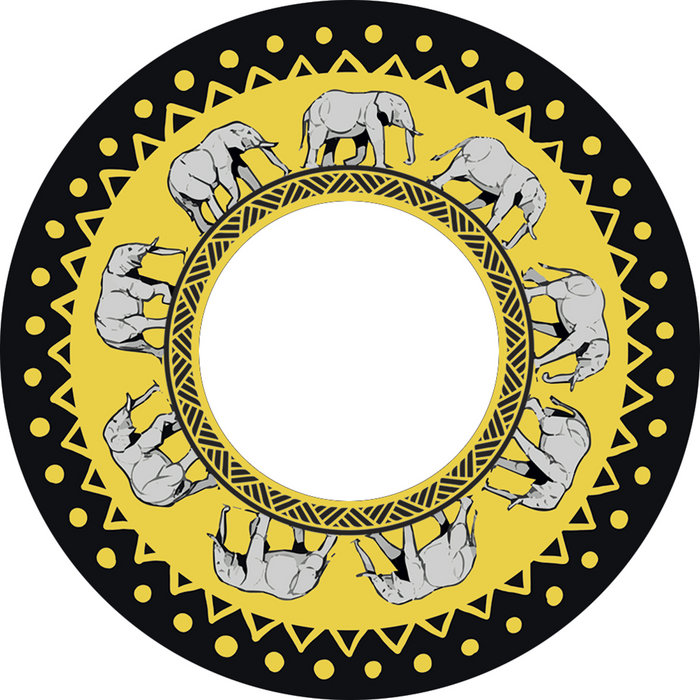
"Si Algún Día Has De Caer" b/w "Papeles Rotos" – Mampön
this blog is GROOVY – check out great Soul, Funk, Jazz, Hip Hop, Bass, Breaks , Reggae, House n many more TUNES
Ah, Afrobeat! Just the name makes you want to move your hips and sway like you’re in an African dance circle. Let’s take a ride through the funky history of this magnetic genre, shall we?
Afrobeat emerged in the late 1960s in Nigeria, blending traditional African music with jazz, funk, highlife, and psychedelic rock. At the heart of it was the legendary Fela Kuti—a man whose life can only be described as a wild mix of revolutionary spirit and musical genius.
Kuti was inspired by American jazz greats like Miles Davis and John Coltrane but wanted to craft something that reflected his roots. And boy did he deliver! With sprawling songs that could stretch over 10 minutes—complete with intricate horn sections and groovy rhythms—he created a sound that made you not just listen but feel.
So what’s all this Afrobeat about? Picture this: polyrhythms galore! You have drums bouncing off each other while bass lines throb like heartbeats. Add a sprinkle of brass instruments blaring soulful melodies on top… BAM! You’re hooked!
The lyrics often addressed socio-political issues—think resistance against colonialism and corruption—which made Kuti not just a musician but also an activist. Who else would throw down some savage critiques on government figures while simultaneously making you shake it on the dance floor? Talk about multitasking!
Fela wasn’t just any musician; he was larger than life! Legally changing his middle name to “Anikulapo,” which means “he who carries death in his pouch,” added an air of mystique (and maybe fear) around him. This guy knew how to stir things up!
But here’s a funny tidbit: Kuti famously claimed he had supernatural powers, once alleging that women were attracted to him because he exuded juju magic thanks to his special herbal concoctions! Whether or not that’s true is up for debate—I mean, charisma is definitely important—but who doesn’t love a little magical flair?
After Fela’s untimely passing in 1997, many artists picked up the baton (or should we say trumpet?). Musicians such as Tony Allen (the drummer extraordinaire), Antibalas from Brooklyn (who ensure you can never sit still at their shows), and countless others kept pushing Afrobeat forward into new territories.
Tony Allen wasn’t just Fela’s drummer; he helped define what we now know as Afrobeat rhythmically speaking. He once said drumming is “like dancing.” Can you imagine getting advice from someone so cool? We might just start taking our percussion lessons more seriously after hearing that!
Did you know some musicians actually start jamming without even looking at each other? Seriously! There are stories where they’d play sets for hours—not knowing whether they were fast or slow—just feeling it out until someone decides it’s time for lunch or water breaks… Can anyone say ‘groove telepathy’?
Fast forward into today’s world; afrobeat influences are everywhere—from popular pop songs to hip-hop beats hitting charts globally. Artists like Burna Boy have taken things international with hits blending reggae vibes with Afrofusion influences.
And let’s call out Wizkid—a superstar who gives us those delicious summer vibes infused with sweet melodies reminiscent of classic sounds yet fresh enough for today’s listeners. His song “Essence” has become an anthem embodying everything glorious about modern-day Afrobeats—the groove is undeniable!
Wizkid got big too quickly sometimes jokingly referred to as “Starboy,” which led fans around the globe calling themselves “The Starboy Association!” Sounds pretty official if you ask me 😉
There’s also Tiwa Savage joining forces internationally—even performing alongside heavyweights like Drake—and reminding everyone why she’s called Africa’s queen of pop! If she dropped “Savage” last name tomorrow—you best believe people will still remember her impact loud & clear.
So there you have it—a snapshot into the vibrant world of afrobeat music packed with rich history mixed generously with humorized escapades of its icons.
Whether you’re vibing under starlit skies or getting ready for Friday night grooves at your favorite spot – don’t forget your roots next time you’re shaking those hips because every twist adds more flavor to our collective human experience through music—a timeless gift connecting us all.
Just remember one thing when diving deep into these beats—if Fela taught us anything…it’s**“Let them suffering be free.” So keep grooving folks; stay fierce & fabulous while sharing joy through sound waves made pure magic✨🎶

"Si Algún Día Has De Caer" b/w "Papeles Rotos" – Mampön
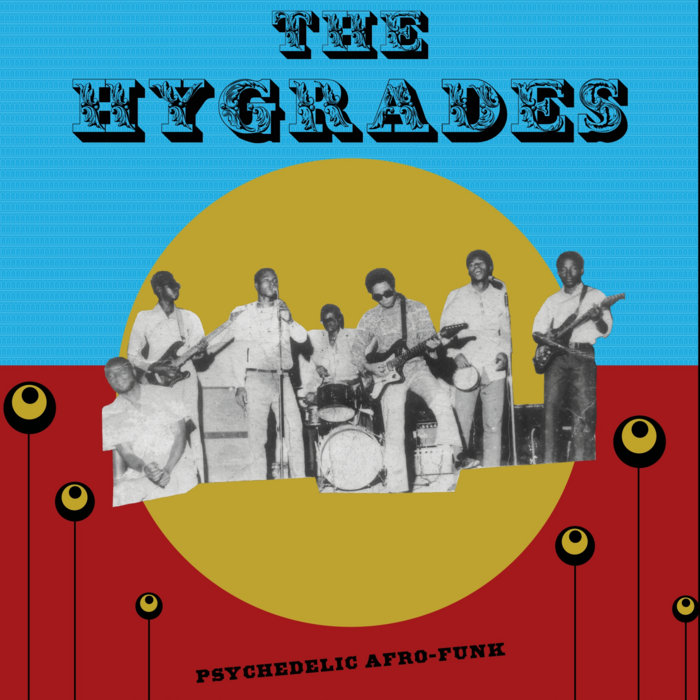
The Hygrades – Somebody’s Gonna Lose or Win – Dig This Way Records

El Pito – Alfredo Linares y su Sonora
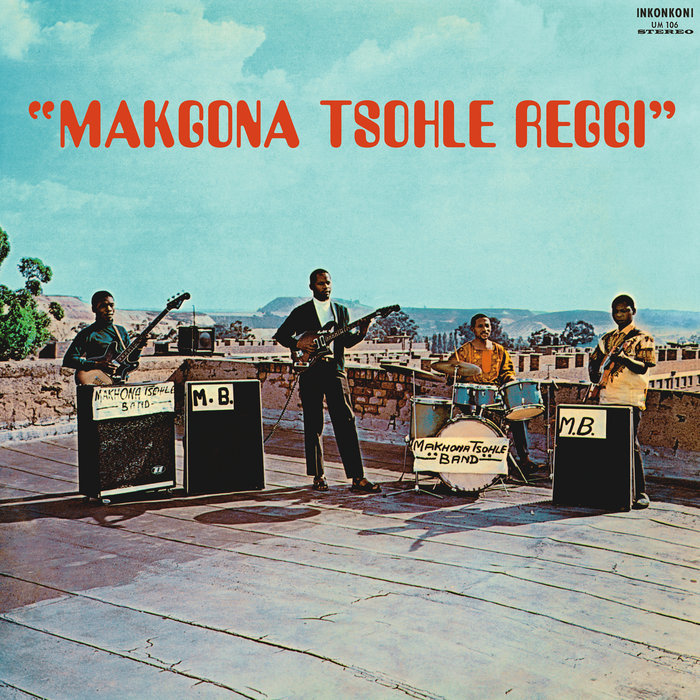
Bajikise Bops – Makgona Tsohle Band
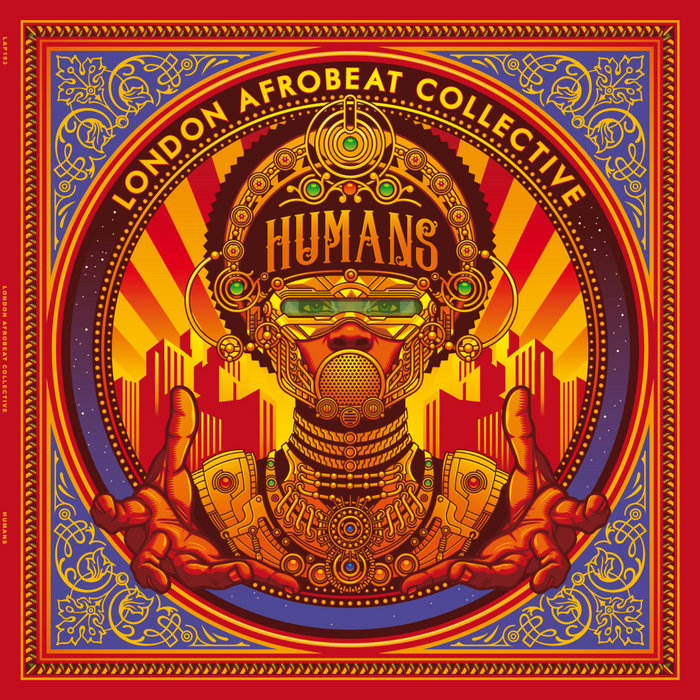
Tolembi – London Afrobeat Collective
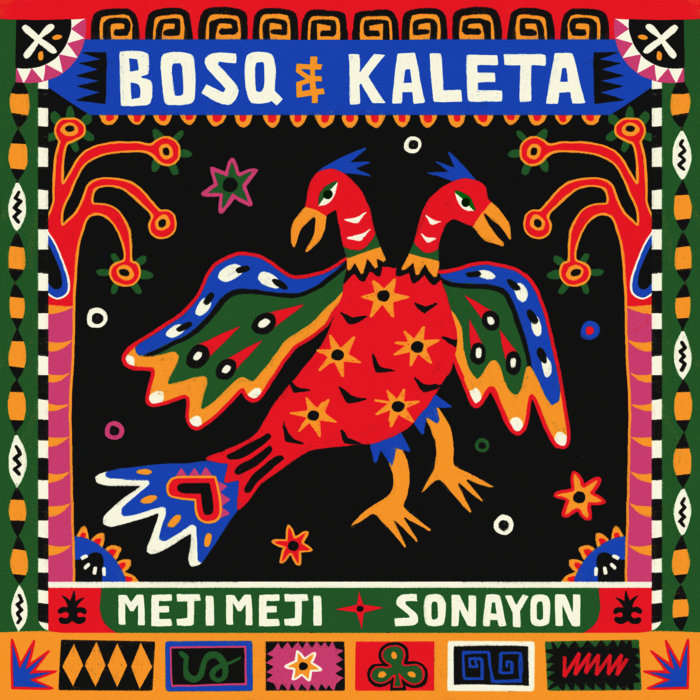
Sonayon – Bosq & Kaleta
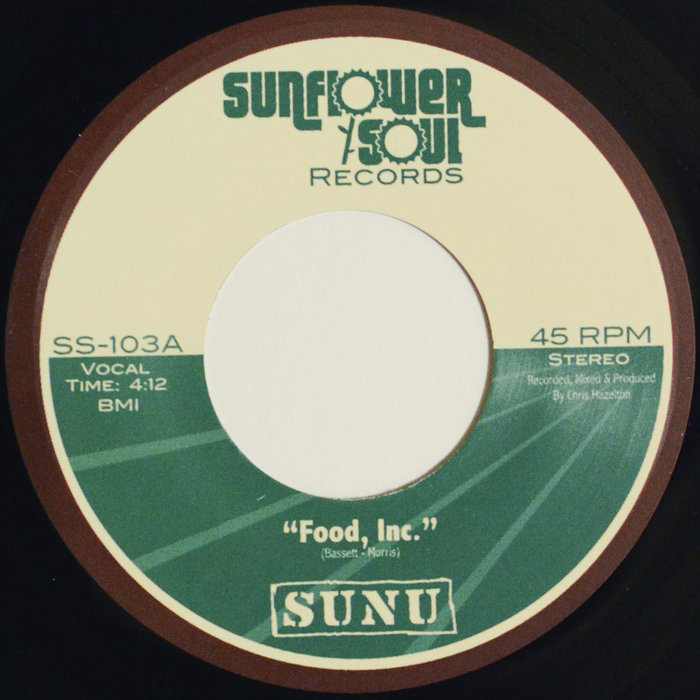
Liberation – SUNU
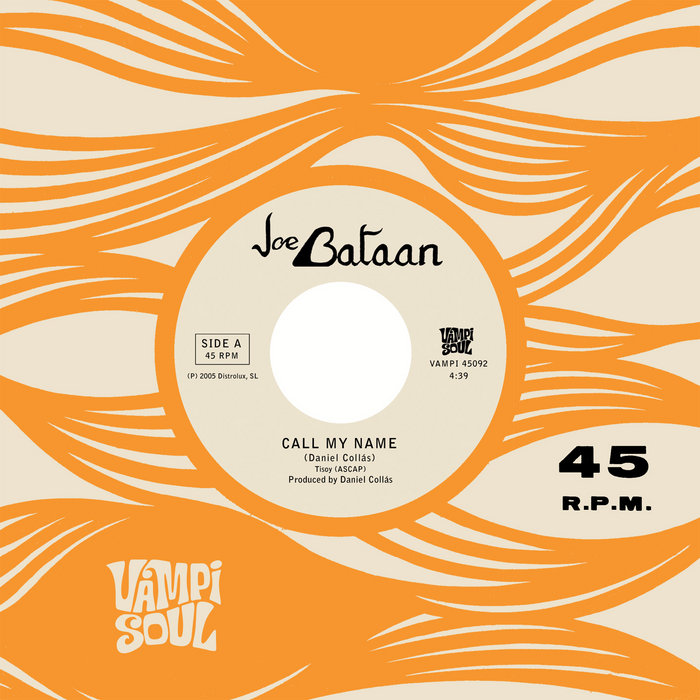
Call My Name – Joe Bataan

You Killing Me – Segun Bucknor
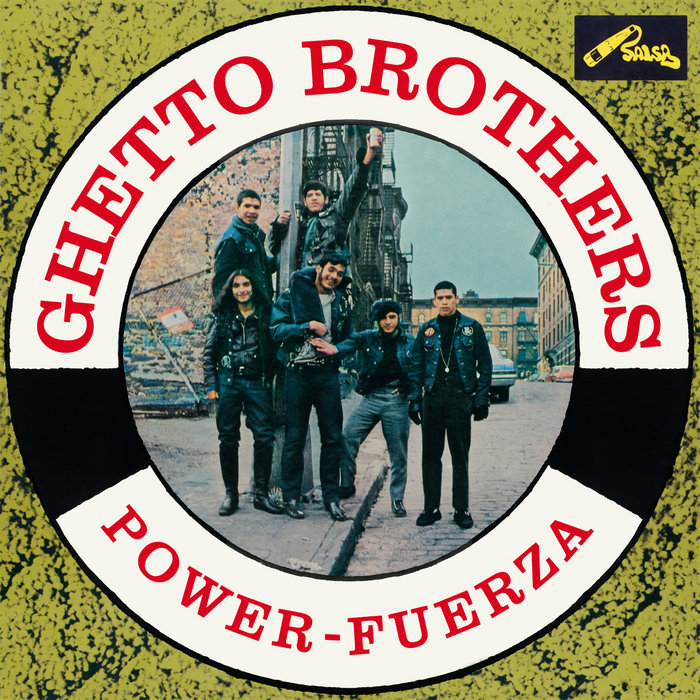
GHETTO BROTHERS POWER – GHETTO BROTHERS